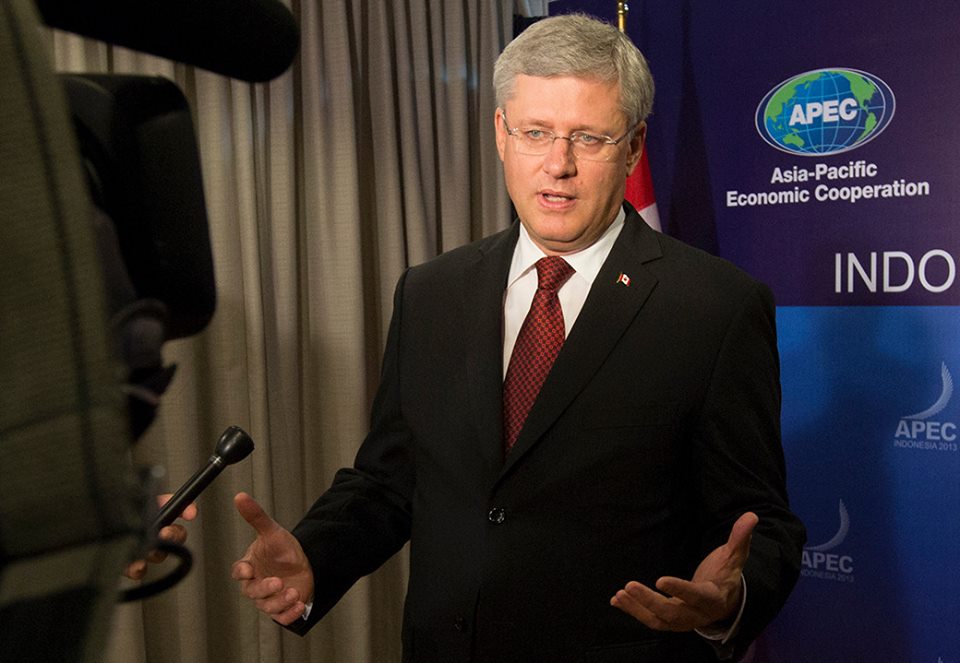Breaking
Canada’s disaster assistance team ill suited to help Ebola crisis, Harper says
OTTAWA — Prime Minister Stephen Harper says Canada’s Disaster Assistance Response Team isn’t well-suited to be of much help in the unfolding Ebola crisis in West Africa.
Still, Harper says, Canada is “seized” with doing everything it can to help allies, local governments and the World Health Organization in the fight against the widening outbreak.
His comments came shortly before American health officials confirmed that a patient at a Dallas hospital had tested positive for Ebola, the first such case diagnosed in the United States.
Harper told the House of Commons that he spoke last week with WHO director general Margaret Chan about what Canada is doing to help.
He also cited the $30 million in additional help International Development Minister Christian Paradis announced last week in New York.
But the prime minister said DART — which is equipped to provide basic emergency medical care, clean drinking water, basic infrastructure repairs and aid-agency communications — is ill-suited to help in West Africa.
The 200-member, rapid-response team is best known for its work in natural disasters like the 2005 earthquake in Pakistan, the 2010 quake disaster in Haiti and last year’s typhoon Haiyan in the Philippines.
“Last week I spoke to the director general of the World Health Organization, Margaret Chan, on this very issue,” Harper told the House on Tuesday in response to a question from NDP Leader Tom Mulcair.
“My understanding is the DART’s capabilities are not appropriate to this particular mission, but we are looking at any way that we can assist.”
Last week, Paradis said Canada would contribute $30 million to the fight, channelled through the Canadian Red Cross and other agencies and welcomed a UN plan to co-ordinate the international response to the crisis.
Canada earlier contributed $5 million and hundreds of doses of an experimental vaccine to fight the deadly outbreak. Canadian specialists and mobile labs are on the ground in the infected region.
The most severely affected countries, Guinea, Sierra Leone and Liberia, have very weak public health systems and a shortage of medical personnel and infrastructure. They only recently emerged from long periods of conflict and instability.
The virus has killed about 3,000 people in Sierra Leone, Guinea, Liberia, Senegal and Nigeria since the outbreak began in the summer.
The epidemic continues to spread and health experts warn that the number of cases could skyrocket in the coming months without better efforts to contain the virus.
The WHO says earlier Ebola outbreaks came in remote villages near tropical rainforests in central Africa, but the latest involves major urban areas in the west of the continent.
The agency says the average fatality rate for Ebola is around 50 per cent, although it has climbed as high as 90 per cent in some outbreaks.
It says this epidemic is the largest and most complex Ebola outbreak since the virus was first discovered in 1976, with more cases and deaths than all the others combined.






















